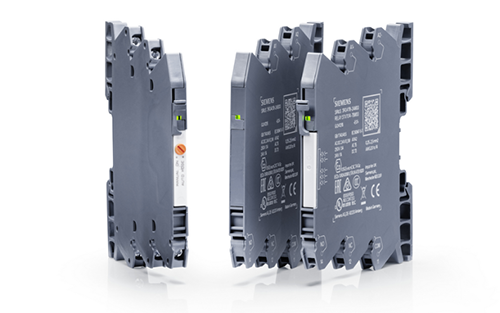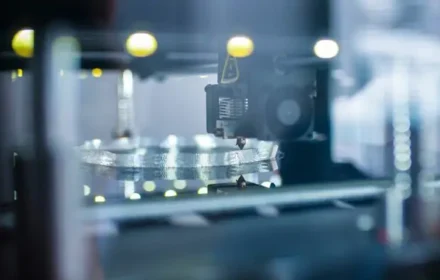
Sustainable Innovation in Industrial Automation: Siemens’ Bio-Based Relay Technology
Siemens Smart Infrastructure recently launched a groundbreaking series of coupling relays. These industrial automation components feature housing made from 70% bio-based plastic. The innovative material comes from recycled cooking oil waste. This development represents a significant advancement in sustainable control systems technology.
The Sustainable Materials Breakthrough
Siemens collaborated with materials expert Envalior to develop AkulonK225-KS B-MB plastic. This engineering plastic utilizes used cooking oil from food industry waste. The material avoids competition with food production chains. According to MarketsandMarkets, the sustainable plastics market will reach $135 billion by 2027. This growth reflects increasing industry demand for eco-friendly automation solutions.
Technical Specifications and Variants
The new SIRIUS 3RQ4 coupling relays offer three specialized variants for factory automation:
- Relay Output Version: Designed for harsh environments with ATEX certification
- Plug-in Design: Enables quick replacement during operation
- Semiconductor Output: Provides silent operation with 6A switching capacity
Each variant addresses specific industrial automation requirements while maintaining sustainability standards.
Environmental Impact and Performance Benefits
The bio-based relays demonstrate remarkable environmental advantages. They achieve 33% lower energy losses in semiconductor versions. The housing material contains no halogens or PFAS compounds. Furthermore, the products support easy disassembly and recycling. These features make them ideal for modern control systems seeking green certifications.
Industrial Applications and Use Cases
SIRIUS 3RQ4 relays serve multiple industrial automation sectors:
- Manufacturing: PLC integration in harsh factory environments
- Process Industries: DCS applications requiring explosion-proof components
- Transportation: Railway systems with protective coated circuit boards
- Energy Management: Power distribution with high reliability requirements
Manufacturing and Supply Chain Advantages
Siemens produces these relays at their Amberg plant in Germany. Automated manufacturing ensures consistent quality. Local production reduces carbon footprint for European markets. The packaging uses sustainable cardboard materials. Digital documentation replaces paper manuals, enhancing accessibility.
Industry Implications and Future Trends
This collaboration signals a major shift in industrial component manufacturing. As World of PLC analysts note, “Sustainable materials are becoming essential in factory automation. Manufacturers now prioritize both performance and environmental impact.” The partnership demonstrates how established industrial automation leaders can drive ecological innovation.
Expert Recommendations for Implementation
When considering sustainable components for control systems, evaluate these factors:
- Material composition and recycling capabilities
- Certification requirements for your industry
- Long-term maintenance and replacement costs
- Compatibility with existing PLC and DCS infrastructure
Our team at World of PLC can help you integrate sustainable automation solutions effectively.
Frequently Asked Questions
How does bio-based plastic affect relay performance?
The bio-based material maintains all technical specifications while improving environmental profile. It offers excellent heat and chemical resistance comparable to conventional plastics.
Are these relays compatible with existing control systems?
Yes, SIRIUS 3RQ4 relays integrate seamlessly with standard industrial automation systems including Siemens controllers and other major PLC brands.
What industries benefit most from these sustainable relays?
Manufacturing, process industries, and transportation sectors gain significant advantages. Applications requiring ATEX certification or harsh environment operation see particular benefits.







